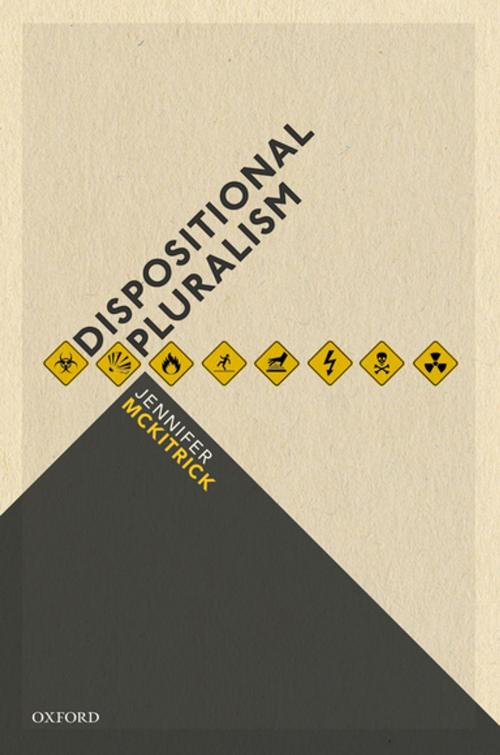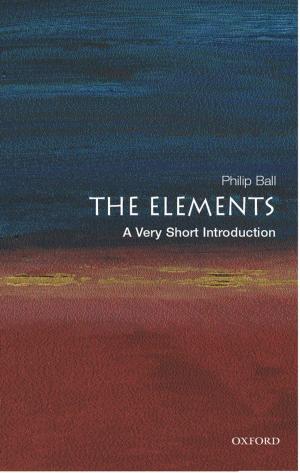Dispositional Pluralism
Nonfiction, Religion & Spirituality, Philosophy, Metaphysics, Science & Nature, Science| Author: | Jennifer McKitrick | ISBN: | 9780191027635 |
| Publisher: | OUP Oxford | Publication: | May 31, 2018 |
| Imprint: | OUP Oxford | Language: | English |
| Author: | Jennifer McKitrick |
| ISBN: | 9780191027635 |
| Publisher: | OUP Oxford |
| Publication: | May 31, 2018 |
| Imprint: | OUP Oxford |
| Language: | English |
Jennifer McKitrick offers an opinionated guide to the philosophy of dispositions. In her view, when an object has a disposition, it is such that, if a certain type of circumstance were to occur, a certain kind of event would occur. Since it is very common for this to be the case for a variety of reasons, dispositions are very abundant and diverse. They include such varied properties as character traits like a hero's courage, characteristics of physical objects like a wine glass's fragility, and characteristics of microphysical entities like an electron's charge. Some dispositions are natural while others are non-natural. Some dispositions called "powers" are ungrounded while non-fundamental dispositions are grounded in other properties. Some dispositions manifest constantly, some of them manifest spontaneously, while others manifest only when they are triggered to do so. Some dispositions manifest by causing another dispositional property to be instantiated, while others have manifestations that involve non-dispositional properties and relations. Some dispositions are intrinsic to their bearers while others are extrinsic. Some of them are causally relevant to their manifestations while others are not. Some dispositions manifest in some particular way in particular circumstances, while other dispositions manifest in various ways in various circumstances. What makes all of these diverse properties dispositions is their connection to a certain kind of counterfactual fact. Nevertheless, disposition ascriptions are not semantically reducible to counterfactual claims.
Jennifer McKitrick offers an opinionated guide to the philosophy of dispositions. In her view, when an object has a disposition, it is such that, if a certain type of circumstance were to occur, a certain kind of event would occur. Since it is very common for this to be the case for a variety of reasons, dispositions are very abundant and diverse. They include such varied properties as character traits like a hero's courage, characteristics of physical objects like a wine glass's fragility, and characteristics of microphysical entities like an electron's charge. Some dispositions are natural while others are non-natural. Some dispositions called "powers" are ungrounded while non-fundamental dispositions are grounded in other properties. Some dispositions manifest constantly, some of them manifest spontaneously, while others manifest only when they are triggered to do so. Some dispositions manifest by causing another dispositional property to be instantiated, while others have manifestations that involve non-dispositional properties and relations. Some dispositions are intrinsic to their bearers while others are extrinsic. Some of them are causally relevant to their manifestations while others are not. Some dispositions manifest in some particular way in particular circumstances, while other dispositions manifest in various ways in various circumstances. What makes all of these diverse properties dispositions is their connection to a certain kind of counterfactual fact. Nevertheless, disposition ascriptions are not semantically reducible to counterfactual claims.















